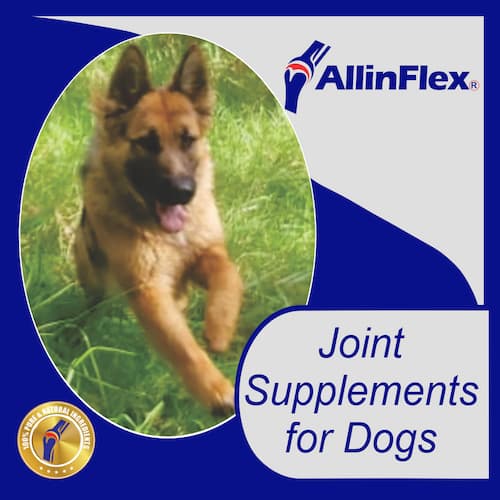Arthritis in Jack Russell Terriers
Saskia OstermeierArthritis is a common issue in older dogs, including Jack Russell Terriers, and can result from lifelong wear and tear on the joints.
Given their active lifestyle, Jack Russells are particularly susceptible to developing arthritis, which can manifest as they age.
Key Signs of Arthritis in Jack Russells
- Limping or stiffness: Often more noticeable after resting or during cold weather.
- Difficulty moving: Challenges with jumping, running, or even walking can be early signs of joint discomfort.
- Behavioral changes: Less enthusiasm for play or noticeable withdrawal from interactive activities.
Prevention Strategies for Arthritis Jack Russell Terriers
While arthritis can be a part of aging in Terriers, there are several strategies that can delay its onset and reduce its impact.
- Maintain a healthy weight: Excess weight puts unnecessary stress on the joints, which can accelerate the wear that leads to arthritis.
- Regular, appropriate exercise: Consistent, moderate exercise helps keep muscles strong and joints flexible, which can mitigate the progression of arthritis.
- Diet rich in anti-inflammatory ingredients: Foods high in omega-3 fatty acids, antioxidants, and other anti-inflammatory compounds can help reduce joint inflammation.
Innovative Management Techniques for Arthritis in Jack Russell Terriers
Once arthritis is diagnosed, management focuses on reducing pain, maintaining mobility, and slowing the progression of the disease.
Medical Treatments
- Pain relief medications: Nonsteroidal anti-inflammatory drugs (NSAIDs) are commonly prescribed to reduce pain and inflammation.
- Supplements: Glucosamine and chondroitin sulfate joint supplements can help support joint health and reduce discomfort.
Physical Therapy and Alternative Treatments
- Physical therapy: Regular sessions with a canine physical therapist can greatly benefit Jack Russells, helping to maintain muscle strength and joint mobility.
- Acupuncture: This traditional Chinese medicine technique has been shown to be effective in managing pain and improving functional mobility in arthritic dogs.
- Hydrotherapy: Swimming or walking in water provides low-impact exercise that can help maintain muscle mass and joint mobility without stressing the joints.
Supporting Your Jack Russell Through Lifestyle Adjustments
- Comfortable bedding: Orthopedic beds can provide additional support for aching joints and help ease discomfort during rest.
- Home modifications: Ramps or steps to help your dog access furniture or vehicles can reduce the strain on their joints.
Arthritis doesn't have to mean the end of an active life for a Jack Russell Terrier.
With proactive management, including medical intervention, lifestyle adjustments, and supportive care, these dogs can continue to enjoy a fulfilling life despite their arthritis. Owners are encouraged to work closely with their veterinarians to tailor a comprehensive approach that suits their dog's specific needs.






